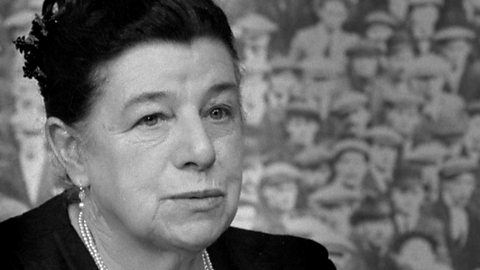Video summary
Infantrymen recall the tense hours in the trenches prior to an attack.
As they went over the top, anxiety was replaced by terror as bodies fell all around.
Machine guns, rifles and shells all presented a serious threat to soldiers advancing towards enemy lines.
But even after suffering heavy casualties, units regrouped, reformed and got ready for the next attack.
This is from the series: I Was There: The Great War Interviews.
Teacher viewing recommended prior to use in class.
Teacher Notes
Key Stage 3:
Students are asked to identify the main obstacles which would prevent a soldier reaching the enemy trench and decide which would be most difficult to overcome.
Key Stage 4:
This is used as part of a starter activity into an investigation into why the war got bogged down in the trenches.
This clip will be relevant for teaching History at KS3, KS4/GCSE, in England and Wales and Northern Ireland.
Also at Third Level, Fourth Level, National 4 and National 5 in Scotland.
This topic appears in OCR, Edexcel, AQA, WJEC, CCEA GCSE and SQA.
Horace Leslie Birks interview. video
Tank commander Horace Birks describes the impact of the supposed miracle machines.
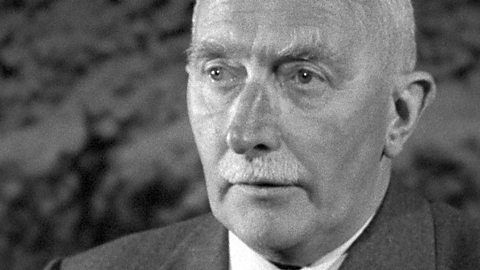
John Willis Palmer interview. video
John found it difficult to cope with the violence and apparent pointlessness of the war.
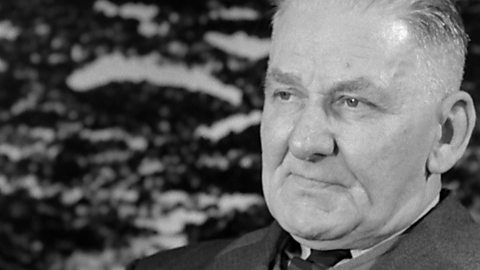
Attrition. video
The strains of war drove soldiers to desert their post or inflict a wound on themselves.
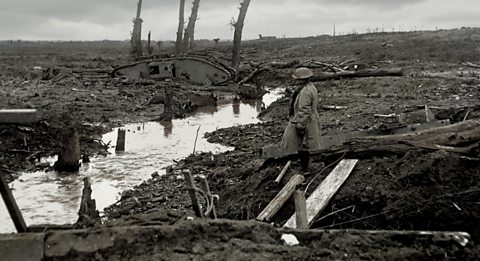
Life as a munitionette. video
Mabel was one of many women who put their lives at risk working in munitions factories.
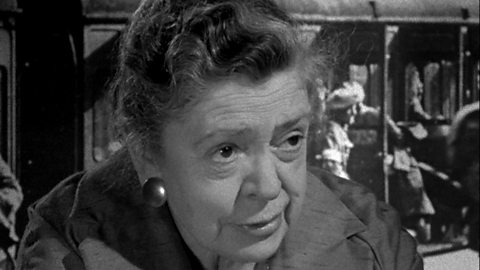
Life as an officer during WW1. video
Charles talks about coping with looming shellshock and aspects of an officer's life.

One woman's loss. video
Katie describes what the war was like from a young womanÔÇÖs perspective in Manchester.
